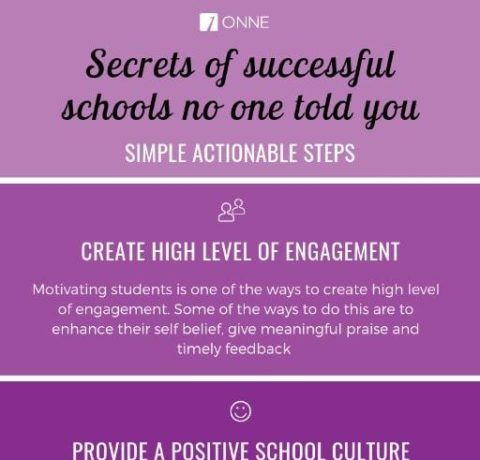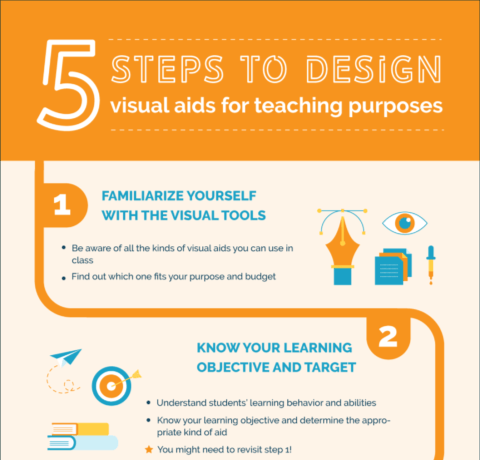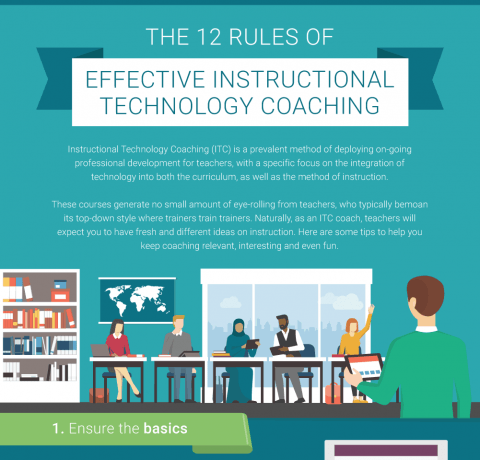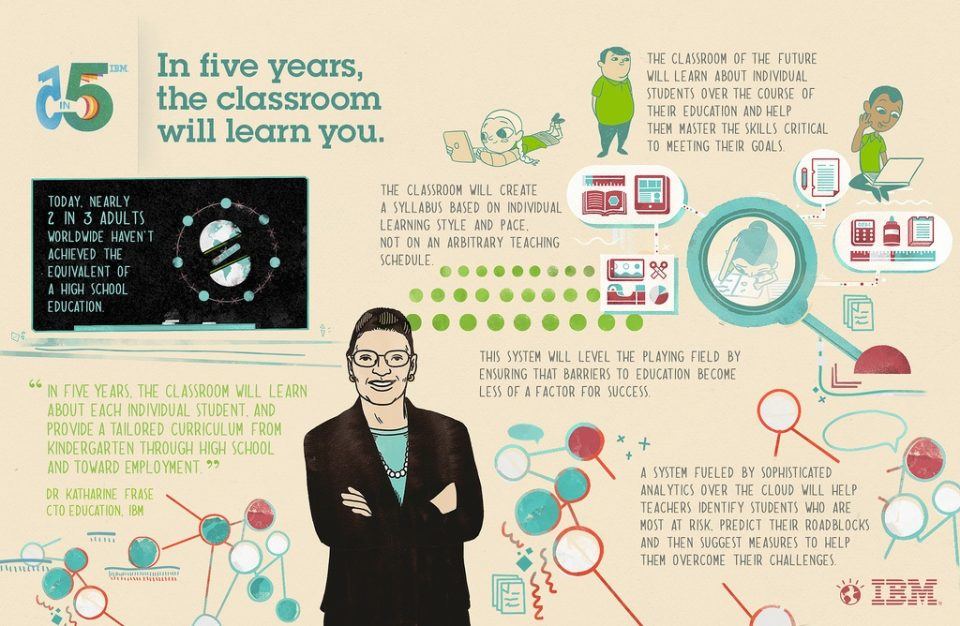The ability to deliver “affordable education at scale” is a key driver across the world. Though it is a huge issue and still early, thanks to the increased use of technology in teaching and learning, we are beginning to see the digital transformation of the education industry.
The growth of Massive Open Online Courses (MOOCs) is resulting in educational content becoming freely available to anyone with an Internet connection. Publishers are now focused on making content more engaging and adaptive in order to proliferate its use in classrooms, while tablets and other personal devices are making learning an anytime, anywhere activity. This creates a tremendous amount of big data about teaching, learning, content, interaction, and outcomes.
What if you had the ability to have the materials available, but through pure electronics deliver them to the student and be able to monitor in real time what that student was doing well with and what they're struggling with? The teacher could individualize the instruction because they're essentially handed an understanding of that student on day one because the classroom itself has followed that student from entry in kindergarten.
In five years, cloud-based smart content and cutting-edge analytics will unlock deep insights that will transform our approach to learning and help move the classroom from assembly-line models into a truly personalized environment that motivates and engages learners at all levels, from a kindergartener studying the alphabet to a university student exploring new majors. It's not, in fact, that the teacher is somehow displaced; quite the opposite; the teacher is empowered. The teacher has access to data and history they had no other way of getting, and as a consequence is way more effective.
Five years from today, technology will help the education industry move away from arbitrarily measured and schedule-based classrooms, toward a system that helps students learn what they want at the pace they need. Predictions of likely graduating skill pools and hiring profiles will better link curricula with employers, narrowing the skills gap.







You can adjust your cookie preferences here.